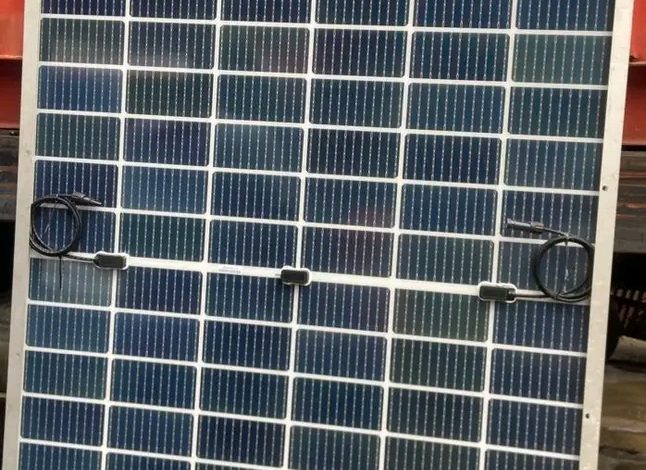SOLUTION: Federal Universities set to adopt Solar energy

HASSAN TURAKI
Eight federal universities in Nigeria are set to disconnect from the national electricity grid and transition fully to solar power, marking a significant step in the country’s push for reliable and sustainable energy in higher education.
The move, part of the government’s Energizing Education Programme (EEP), aims to supply 37 federal universities and seven teaching hospitals with dedicated solar hybrid systems. The initiative is spearheaded by the Rural Electrification Agency (REA) and receives financial backing from the World Bank and African Development Bank.
Universities slated for the switch include the University of Abuja, Michael Okpara University of Agriculture (Umudike), University of Calabar, University of Maiduguri, Federal University of Agriculture (Abeokuta), Federal University Gashua, Nigeria Defence Academy (Kaduna), and Abubakar Tafawa Balewa University (Bauchi).
The transition promises uninterrupted electricity, enhanced research capabilities, and reduced disruptions from power outages. Several universities, such as Abubakar Tafawa Balewa University and University of Maiduguri, have already benefitted from solar hybrid power plants, demonstrating the program’s impact.
Officials say the solar initiative aligns with Nigeria’s renewable energy and rural electrification strategies, aiming to boost academic performance and spur economic growth. The EEP has already provided hybrid solar grids to 15 federal universities and teaching hospitals, serving more than 350,000 students and 50,000 lecturers.
By reducing reliance on the national grid and lowering operational costs, the project is expected to serve as a model for other public institutions, supporting Nigeria’s broader climate and energy goals.


